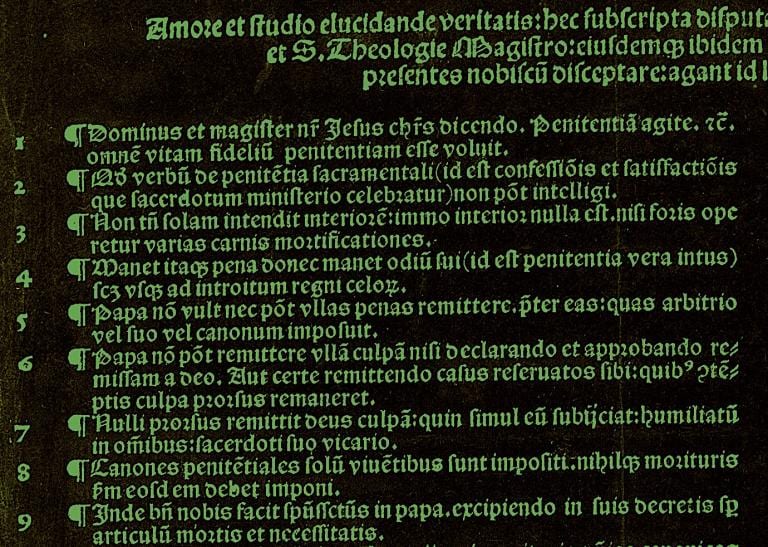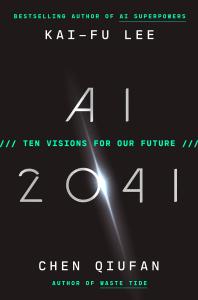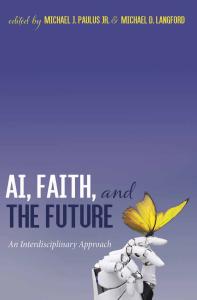A couple of years ago during the quincentennial of Martin Luther’s 95 theses, which helped launch the Protestant Reformation, I drafted about nine theses concerning our present technological and transformative moment. I posted these on my own website last year, and have been incorporating them into my courses and reflecting on them here at Digital Wisdom.

Here are the theses, in their current form, with links to some relevant posts:
1. Technology has been with us—and defining what it means to be a human—from the beginning. Technology had a significant role in human evolution, enabling us to become human and more human.
2. Technologies are neither inevitable nor neutral. We design and use them, creating affordances that enable and limit our agency. During this time of tech backlashes, we are awakening to the responsibilities of both designers and users.
3. We are living through a unique and transformative moment in history. New digital and networked information and communication technologies, powered by autonomous and intelligent systems, are profoundly and irrevocably changing our lives and world.
4. Attention management is the greatest challenge facing us individually and culturally. We need to upgrade our formative technologies along with our material technologies. This includes cultivating active and receptive forms of attention as well as new practical wisdom and formative practices. Instead of digital withdrawal or rejection we should seek digital engagement and design.
5. There is a new digital dimension to reality, blending, enhancing, and transforming our physical lives and world.
6. Our lives are characterized by a digital device paradigm. We interact with surface layers of technology supported by invisible substructures and surrounding environments of surveillance.
7. New technologies create new asymmetries of power and social inequities—digital divides related to access, literacy, and wisdom.
8. We are digitally naïve. Individually and collectively, we need to reflect on how we are shaping our technologies, how they are shaping us, and close the current ethical gap between our intentions and actions. We need to become digitally literate as well as digitally wise.
9. There is cause for hope for our technological future. To move beyond naïve optimism, we need greater narratives that look beyond utopian and dystopian visions, are truly apocalyptic, and reveal the value of human attention and agency.
9.5 Innovation should be balanced with curation, and human creation should be constrained. This is something of a half-thesis, because appropriate balance and limits are ambiguous. Nevertheless, we need to imagine and explore new eschatologies.
Comments and disputations welcome!












